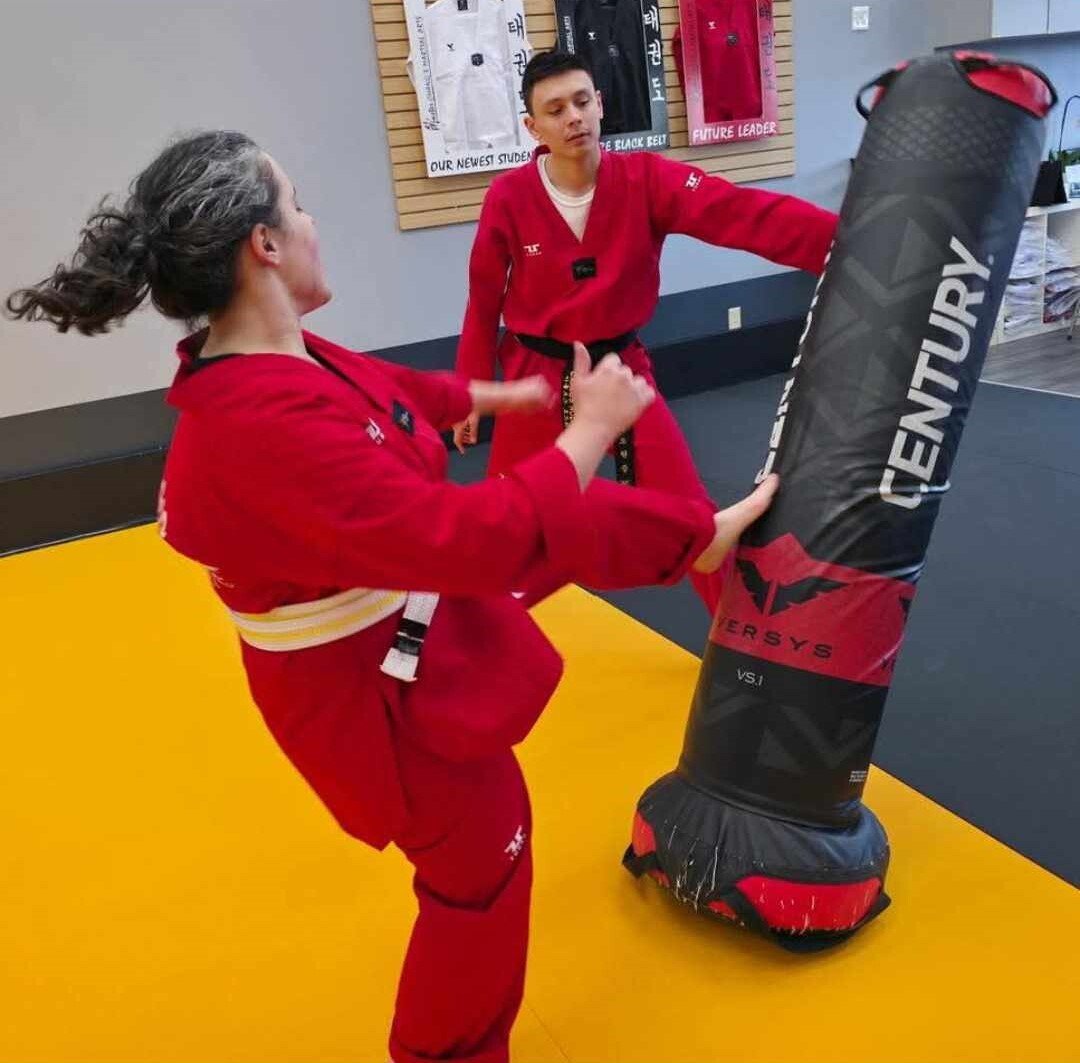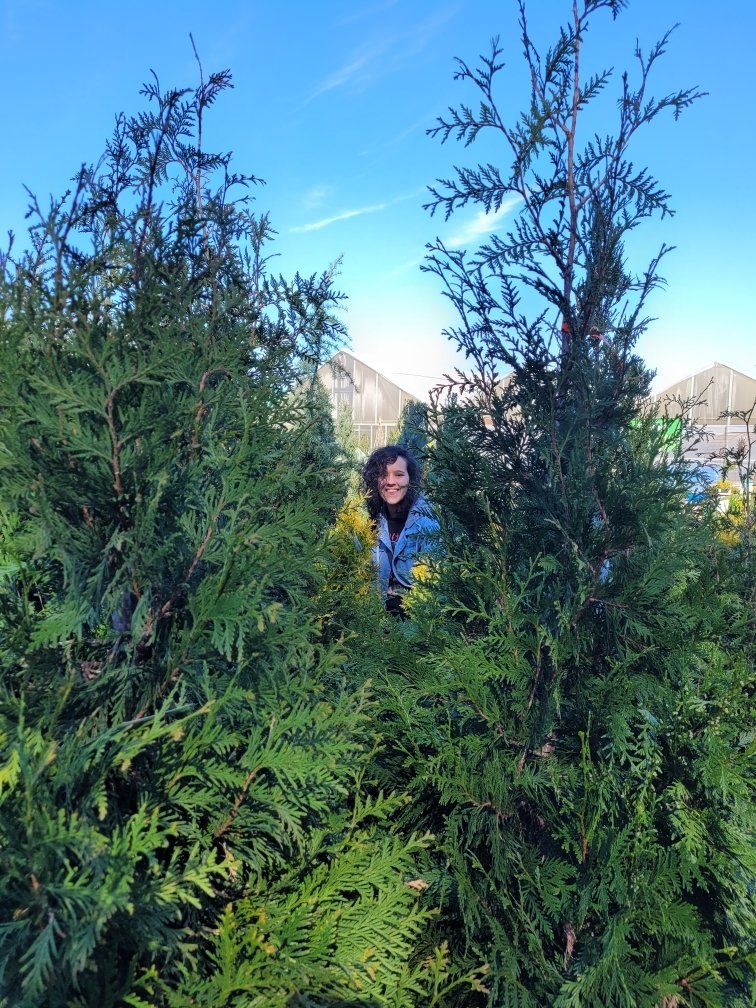Cheyenne Lee, Ph.D.
Postdoctoral Associate
cheyenne.lee@duke.edu
Favorite Animal:
How did your career path lead you to Duke?
I’ve always been interested in science, but I had no idea what graduate school or a PhD was until I went to college at The University of North Carolina at Pembroke. While there, I joined the NIH-RISE program and the NSF-COMPASS programs, both of which exposed me to a variety of scientific careers. As an undergraduate student, I worked in Dr. Conner Sandefur’s lab researching the antibiotic and medicinal properties of teas traditionally used by the people of the Lumbee Tribe of North Carolina. This experience along with multiple summer research experiences further cultivated my love of microbiology and encouraged me to pursue my doctoral degree at Emory University in the Microbiology and Molecular Genetics (MMG) program. While there, I worked in Dr. Shonna McBride’s lab studying the anaerobic gastrointestinal pathogen Clostridioides difficile, specifically characterizing the Prokaryotic 5-oxoprolinase ABC (PxpABC) protein functions. We determined that these proteins function primarily as a 5-oxoprolinase, and that C. difficile utilizes 5-oxoproline as a nutrient source. Overall, my graduate school experiences both in and out of lab inspired me to continue pursuing academic research in molecular genetics and microbiology as a postdoctoral associate.
On a personal note, I have always been interested in studying pathogenic organisms. I have multiple people with compromised immune systems in my family and having seen the havoc that fungal and antibiotic-resistant infections can wreak upon an individual greatly fuels my desire to learn more about these organisms to help fight such ruthless infections. I love the work that I do, and knowing that the knowledge I uncover can save the lives of loved ones inspires the work I do every day.
What do you like to do outside of lab? Hobbies? Interests?
My biggest hobby outside of lab currently is taekwondo! I’ve always wanted to do martial arts, and while in graduate school a good friend of mine began his martial arts journey and inspired me to do the same once I moved to NC. Master Chang’s martial arts in Durham has been fantastic, and I highly recommend joining any kind of fun physical activity for building community when moving to a new place.
Additionally, I love playing video games, reading, going to coffee shops, baking bread, and spending time with my loved ones. I also love to cosplay and go to anime and gaming conventions! There are so many different things I want to do, so it’s hard to settle down and choose a few. Overall, I just enjoy having a good time. Thanks for reading and take care of yourself!
Publications
Rundell E, Marotta J, Guerra S, Lee CD, Grabowicz M. 2025. Genetic evidence for charge-based LolA-LolB interaction in outer membrane lipoprotein trafficking.
About to submit to Journal of Bacteriology.
Lee CD, Rizvi A, Carter ZA, Edwards A, McBride SM. 2025. The Pxp complex detoxifies 5-oxoproline and promotes the growth of Clostridioides difficile. Molecular Microbiology. https://doi.org/10.1111/mmi.15373. PMID: 40342073.
Thappeta Y, Cañas-Duarte SJ, Kallem T, Xiang Y, Gray W, Lee CD, Cegelski L, Jacobs-Wagner C. 2024. Glycogen phase separation drives macromolecular rearrangement and asymmetric division in Escherichia coli. bioRxiv. https://doi.org/10.1101/2024.04.19.590186. PMCID: PMC11042326, PMID: 38659787. Manuscript under revision, submitted to eLife.
DiCandia MA, Edwards AN, Alcaraz YB, Monteiro MP, Lee CD, Vargas-Cuebas G, Bagchi P, McBride SM. 2024. A conserved switch controls virulence, sporulation, and motility in C. difficile. PLoS Pathogens. https://doi.org/10.1371/journal.ppat.1012224. PMCID: PMC11115286, PMID: 38739653.
Rizvi A, Vargas-Cuebas G, Edwards AN, DiCandia MA, Carter ZA, Lee CD, Monteiro MP, McBride SM. 2023. Glycine fermentation by C. difficile promotes virulence, spore formation, and is induced by host cathelicidin. Infection and Immunity, 91, no. 10: e00319-23. https://doi.org/10.1128/iai.00319-23. PMCID: PMC10580938, PMID: 37754683.
Lee CD, Rizvi A, Edwards AN, DiCandia MA, Vargas-Cuebas G, Monteiro MP, McBride SM. 2021. Genetic mechanisms governing sporulation initiation in Clostridioides difficile. Current Opinions in Microbiology, 66: 32–38. https://doi.org/10.1016/j.mib.2021.12.001. PMCID: PMC9064876, PMID: 34933206.










